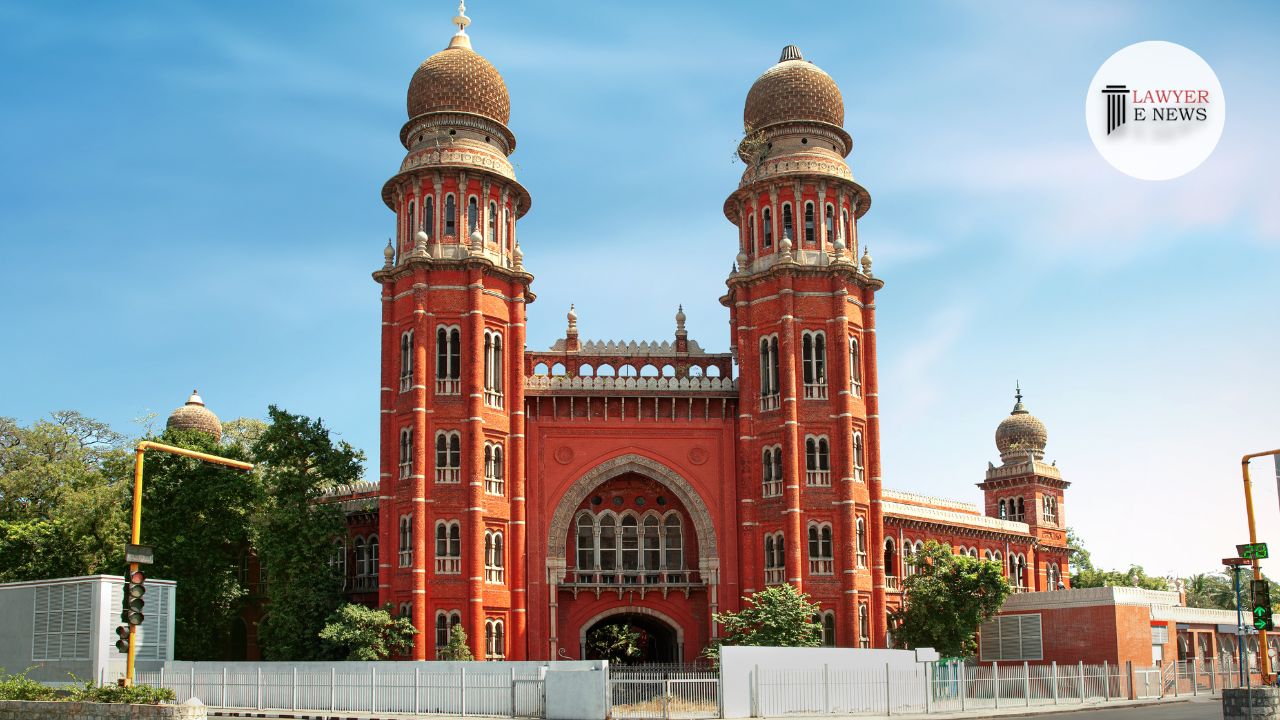-
by Admin
19 February 2026 3:14 PM



In a recent judgment, the Madurai Bench of the Madras High Court delivered a significant ruling, emphasizing that the concept of irretrievable breakdown of marriage must be proven under the Hindu Marriage Act for dissolution of marriage. The court’s decision came in response to a Civil Miscellaneous Appeal filed under Section 19 of the Family Courts Act, challenging the fair and decreetal order dated 13.10.2017, which granted a divorce in H.M.O.P.No.780 of 2014.
The judgment, delivered on 22.12.2023, highlighted the importance of establishing the grounds for divorce, specifically cruelty and desertion, as per the provisions of the Hindu Marriage Act. The court noted that the appellant, who was the wife in this case, had counterclaimed for restitution of conjugal rights, contesting her husband’s plea for divorce.
One of the key legal points in the court’s observation was the need for proper substantiation of claims. The judgment stated, “The husband, having come to the Court seeking the relief of dissolution of marriage on the ground of cruelty, has to plead the alleged act of cruelty of the wife committed upon him and thereafter prove the same in the manner as established by law.”
The court further highlighted that in this particular case, the allegations of cruelty made by the husband were not proven in the manner known to law. Additionally, the court found that the husband’s own actions, including his failure to provide financial support and excluding the wife and children from railway service benefits, contributed to the non-resumption of marital relations.
Consequently, the court ruled in favor of the appellant, setting aside the decree of dissolution of marriage. The judgment serves as a reminder that the grounds for divorce under the Hindu Marriage Act must be substantiated, and the concept of irretrievable breakdown of marriage cannot be invoked without proper evidence and due process.
Date of Decision: 22.12.2023
xxx vs xxx
